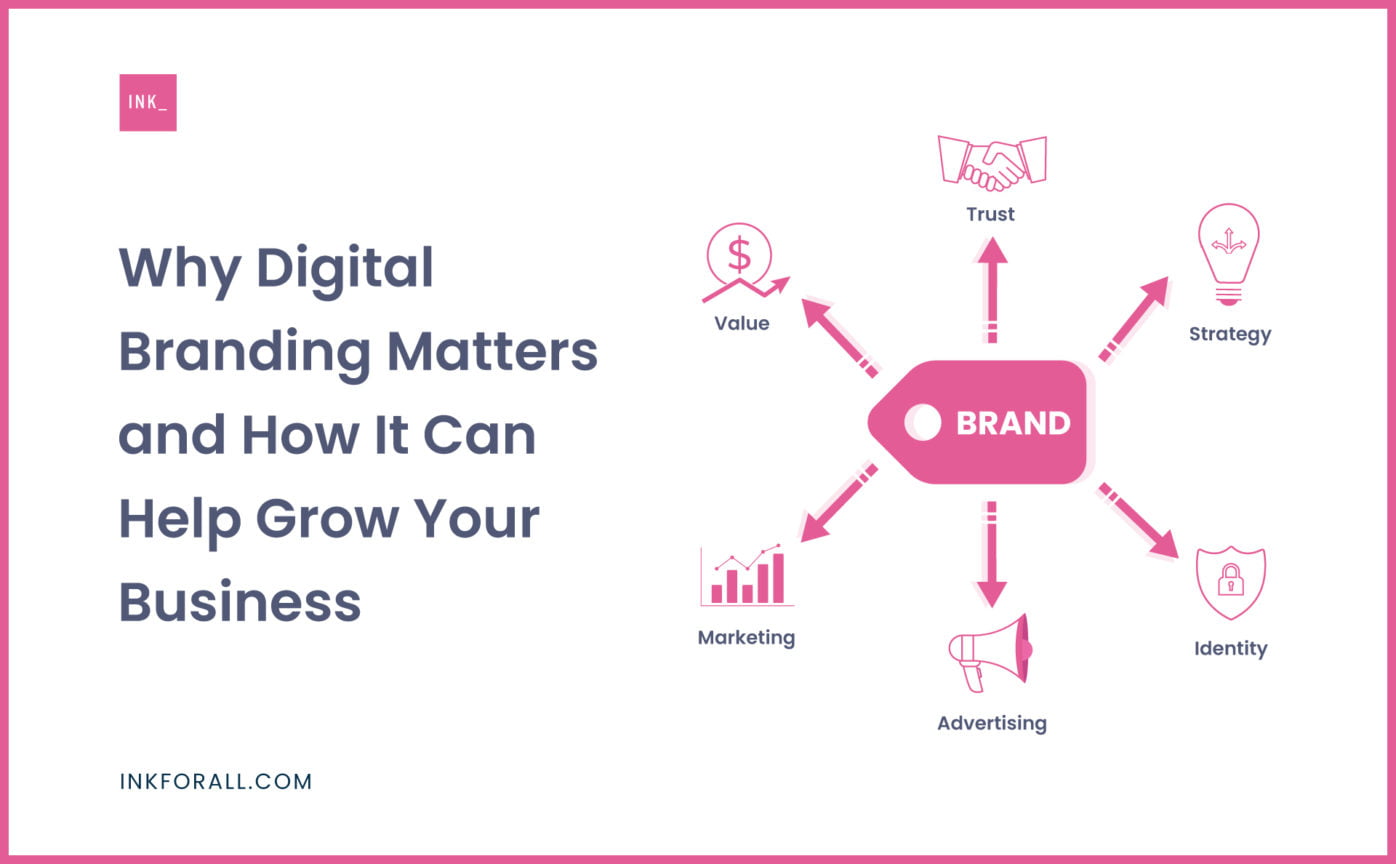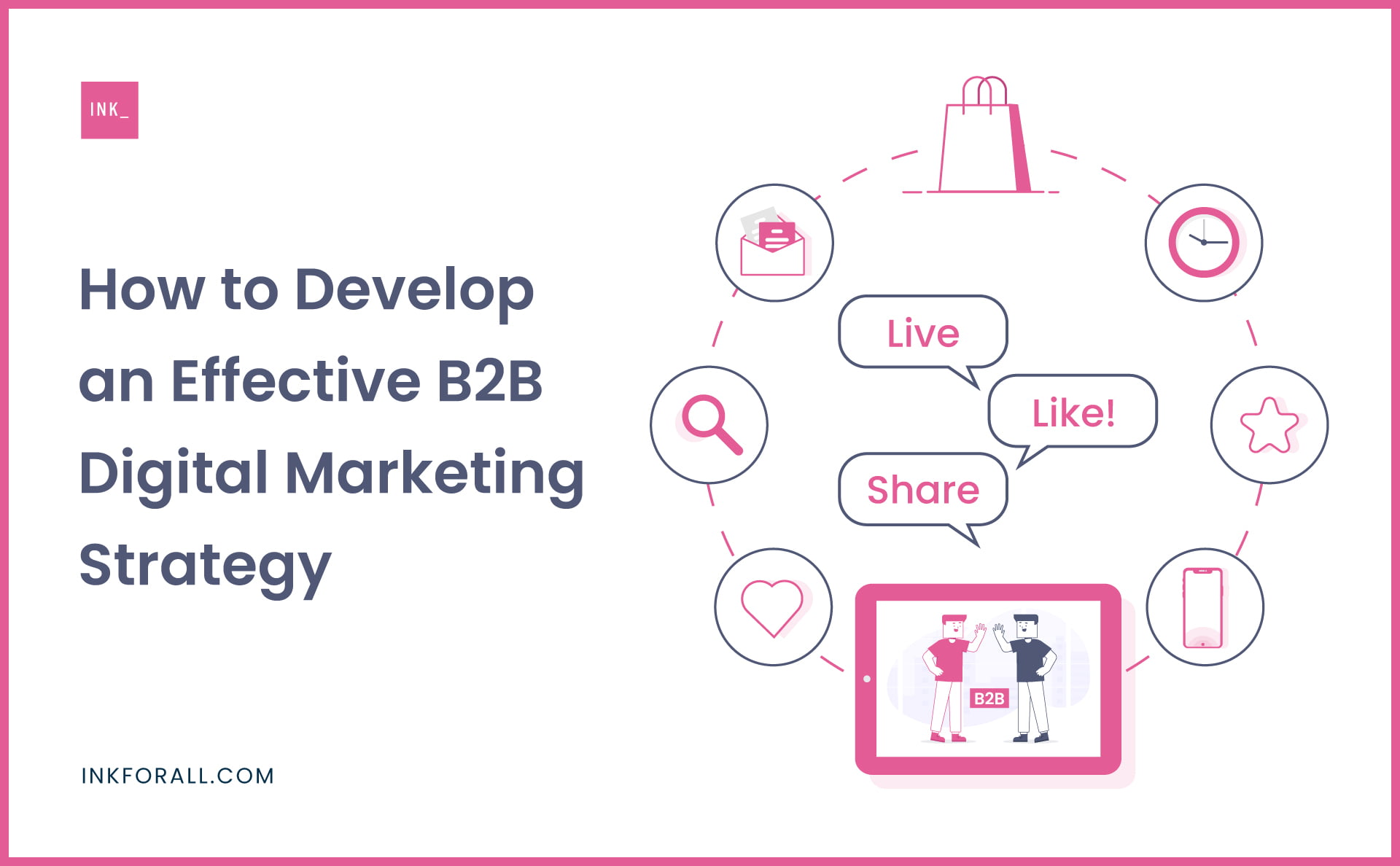Discover how smart digital marketing strategies are revolutionising the manufacturing sector, helping businesses like yours capture more leads and dominate their market position online.
The Digital Revolution in Manufacturing Marketing
The manufacturing sector has undergone a remarkable transformation in its marketing approach over the past decade. Traditional methods like trade shows, print catalogues, and word-of-mouth referrals, while still valuable, have been significantly enhanced by digital marketing strategies. In 2024, over 87% of manufacturing purchase decisions begin with online research, making digital presence not just an option but a necessity. This shift has been accelerated by the global pandemic, with 72% of manufacturers reporting increased investment in digital marketing initiatives since 2020. Today’s manufacturing buyers expect seamless online experiences, detailed product information, and instant access to technical specifications – demands that can only be met through a robust digital marketing strategy.
Understanding the Digital Manufacturing Landscape
The digital manufacturing landscape has evolved significantly, shaped by changing buyer behaviours and technological advancements. Recent studies show that 73% of B2B buyers are millennials who prefer digital interactions over traditional sales approaches. This demographic shift has profound implications for manufacturing marketing strategies. Modern buyers typically complete 70% of their purchase journey before contacting a sales representative, emphasising the crucial role of digital content and online presence. The current landscape demands manufacturers to maintain multiple digital touchpoints, from professional websites to active social media profiles, ensuring they remain visible and accessible throughout the buyer’s journey.
Core Digital Marketing Strategies for Manufacturers
Website Optimization and User Experience
- Implement responsive design for seamless mobile viewing
- Create clear navigation pathways to technical specifications and product information
- Integrate interactive product configurators and CAD downloads
- Optimize page load speeds for better user retention
- Include prominent calls-to-action for quote requests and technical consultations
- Implement chat functionality for immediate customer support
Search Engine Optimization (SEO)
Manufacturing SEO requires a specialised approach focusing on technical terms and industry-specific keywords. Success in manufacturing SEO demands attention to both local and international search visibility, considering that 67% of industrial buyers use search engines as their first source of information. Key strategies include optimizing for long-tail technical keywords, creating detailed product specifications pages, and developing industry-specific content that addresses common manufacturing challenges. Local SEO is particularly crucial for manufacturers serving specific geographic regions, requiring optimization for ‘near me’ searches and Google Business Profile management.
Content Marketing Excellence
- Technical whitepapers and detailed product specifications
- Case studies showcasing successful implementations
- Industry-specific blog posts addressing common challenges
- Manufacturing process videos and virtual facility tours
- Technical guides and application notes
- Regular industry news updates and market analysis
Email Marketing and Lead Nurturing
Email marketing remains one of the most effective channels for manufacturing businesses, with an average ROI of £42 for every £1 spent. Successful email marketing strategies in manufacturing focus on segmentation based on industry verticals, purchase history, and specific product interests. Regular newsletters featuring industry insights, product updates, and technical tips help maintain engagement throughout long sales cycles typical in manufacturing.
Advanced Digital Marketing Tactics
Social Media for Manufacturing
- LinkedIn: Focus on industry networking and thought leadership
- YouTube: Share product demonstrations and technical tutorials
- Twitter: Share industry news and company updates
- Instagram: Showcase behind-the-scenes manufacturing processes
- Facebook: Build community and share company culture
Video Marketing and Virtual Tours
Video content has become increasingly crucial in manufacturing marketing, with 73% of B2B buyers reporting that they watch videos during their purchase research. Virtual facility tours, product demonstrations, and technical explanations help build trust and understanding. Manufacturing companies using video marketing report 27% higher lead generation rates compared to those who don’t.
Marketing Automation
Implementing marketing automation tools can streamline lead nurturing processes and improve conversion rates. Modern manufacturing businesses are using automation for:
- Lead scoring and qualification
- Automated email sequences based on user behaviour
- CRM integration for sales team alignment
- Personalised content delivery
- Analytics and reporting automation
Measuring Success and ROI
Effective measurement of digital marketing success in manufacturing requires tracking specific KPIs:
- Website conversion rates for quote requests
- Technical content download rates
- Email engagement metrics
- Social media engagement, especially on LinkedIn
- Cost per qualified lead
- Return on marketing investment (ROMI)
Future-Proofing Your Manufacturing Marketing Strategy
As we progress through 2024, several emerging trends are shaping the future of manufacturing marketing. Artificial Intelligence and Machine Learning are revolutionising personalization and predictive analytics. Virtual Reality (VR) and Augmented Reality (AR) are becoming essential tools for product demonstrations. Manufacturers must stay ahead of these trends to maintain competitive advantage.
Taking Action: Implementing Your Digital Marketing Strategy
Begin your digital transformation with these actionable steps:
- Audit your current digital presence and identify gaps
- Develop a content strategy aligned with your sales cycle
- Invest in necessary digital marketing tools and platforms
- Train your team on digital best practices
- Set measurable goals and KPIs
- Regularly review and adjust strategies based on performance data
Conclusion: Transforming Your Manufacturing Business Through Digital Excellence
The digital transformation of manufacturing marketing is no longer optional – it’s essential for survival and growth in today’s competitive landscape. By implementing these strategies and staying current with digital trends, manufacturers can build stronger relationships with prospects, generate more qualified leads, and achieve sustainable business growth. The key to success lies in creating a comprehensive digital marketing strategy that aligns with your business goals while meeting the evolving needs of your target market.
FAQ
How to split a digital marketing budget?
Paid search usually gets the lion’s share, followed by paid social, email marketing, organic social, and search engine optimization (SEO). But it’s not a one-size-fits-all solution. Your brand’s age, size, capacity, target audience, and marketing goals hold the key to splitting your budget effectively.
How much do companies spend on digital marketing?
2. Industry Variations: Typical digital marketing spend varies significantly across industries
What is the average marketing budget for a manufacturing company?
The percentage varies on the company’s growth stage, market conditions, and marketing objectives. However, on average, manufacturing companies allocate 5% to 10% of their annual sales revenue for marketing purposes.
Sources
[1] https://www.webfx.com/industries/industrial/manufacturing/
[2] https://www.designrush.com/agency/digital-marketing/trends/digital-marketing-for-manufacturers
[3] https://hivehousedigital.com/ultimate-guide-digital-marketing-manufacturers/


